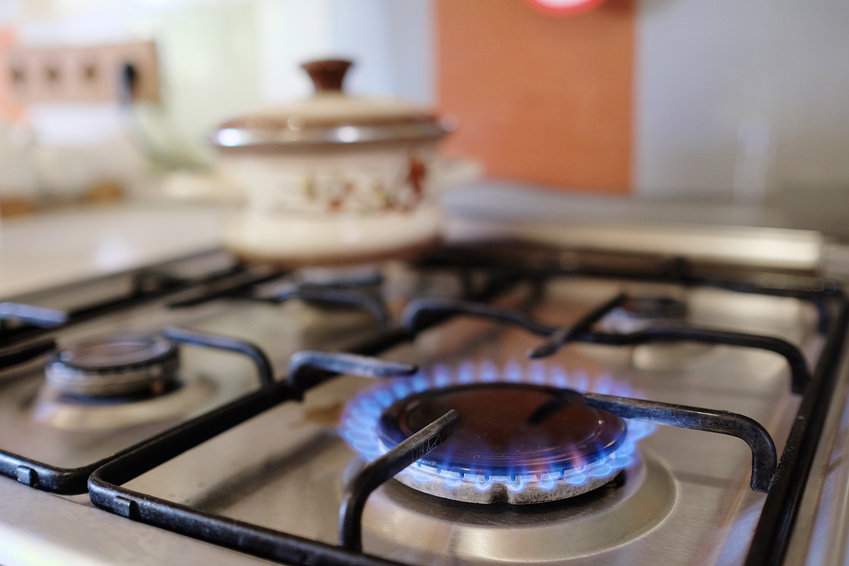You’ve been trying to save on energy costs at home by being just a little more conscious of your carbon footprint. But energy conservation doesn’t have to stop at your front door. You can bring your green lifestyle into your business to save your company money and help the environment. Here are just a few ways to practice energy reduction at work.
Unplug
From the computers, to the printers, to the coffee pot in the break room, you probably use a lot of electronics in your office. Why leave them running overnight when no one is around to use them? At the end of each work day, simply power down your computers, unplug the microwaves, and shut off all the power strips. To save up to 10% on heating and cooling, install a programmable thermostat that manages the heating and cooling system when you’re not there. The energy drain from these machines and systems could be costing your business a significant amount of money every year.
Replace aging appliances
Advances in green energy technology have brought us more energy-efficient appliances and machines. So, when it comes time to replace your old microwave or refrigerator, choose an item with an Energy Star sticker. You’ll find that they have a longer lifespan and help you save on energy costs.
Switch to renewable energy
It may be a big investment, but over time the ROI can be worth it when you switch to an energy provider that uses renewable energy like solar or wind energy. Renewable energy is a growing movement for its eco-friendly nature and cost-efficiency. Last year, roughly 10% of all U.S. energy consumption came from renewable sources like wind and solar, and that percentage is constantly increasing.
When you go green at the office, you save money while saving the planet. There’s no good reason not to limit your carbon footprint both at home and at work, you can start taking baby steps to conserve energy today.
From the computers, to the printers, to the coffee pot in the break room, you probably use a lot of electronics in your office. Why leave them running overnight when no one is around to use them? At the end of each work day, simply power down your computers, unplug the microwaves, and shut off all the power strips. To save up to 10% on heating and cooling, install a programmable thermostat that manages the heating and cooling system when you’re not there. The energy drain from these machines and systems could be costing your business a significant amount of money every year.
Replace aging appliances
Advances in green energy technology have brought us more energy-efficient appliances and machines. So, when it comes time to replace your old microwave or refrigerator, choose an item with an Energy Star sticker. You’ll find that they have a longer lifespan and help you save on energy costs.
Switch to renewable energy
It may be a big investment, but over time the ROI can be worth it when you switch to an energy provider that uses renewable energy like solar or wind energy. Renewable energy is a growing movement for its eco-friendly nature and cost-efficiency. Last year, roughly 10% of all U.S. energy consumption came from renewable sources like wind and solar, and that percentage is constantly increasing.
When you go green at the office, you save money while saving the planet. There’s no good reason not to limit your carbon footprint both at home and at work, you can start taking baby steps to conserve energy today.
















